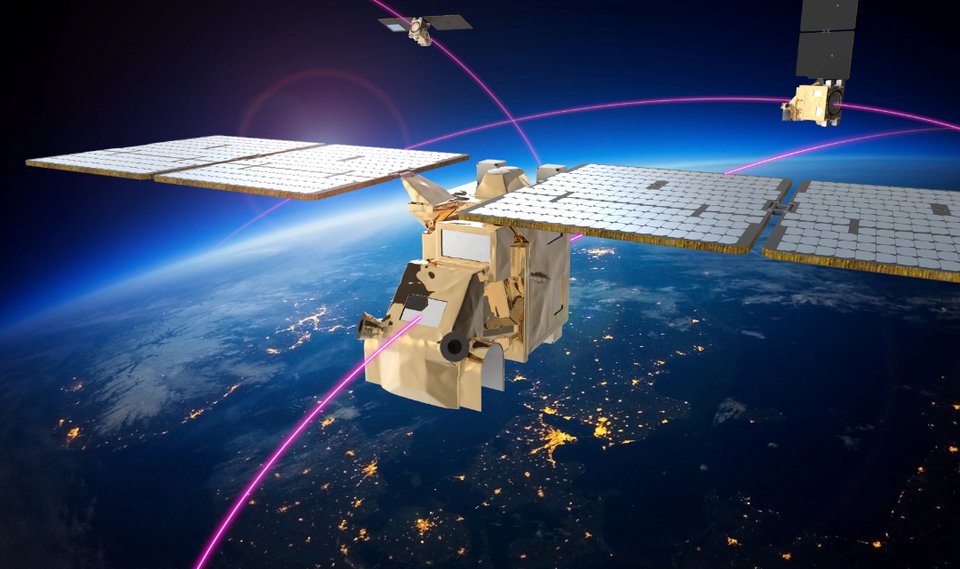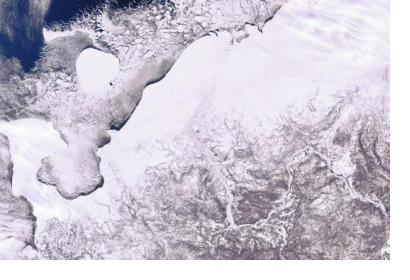The Arctic is warming at a faster pace than any other region on the planet. The dramatic effects that come with this increase in Arctic temperature have a detrimental impact on the global environment. Drastic sea ice loss in the Arctic, for example, has been linked to natural hazards all over the world. In order to fill the existent information gap on Arctic weather, the European Space Agency (ESA) recently signed a contract with the Swedish space systems provider OHB Sweden to construct a prototype satellite that gathers data of weather in the Arctic. The prototype is set to be the first of a planned satellite mission that will provide new and important information to climate research and disaster management globally.
Currently, weather satellites are not able to provide sufficient and timely data for the Arctic. These satellites either grapple with gathering information at high latitudes or gathering information quickly, both aspects limiting the accuracy of Arctic weather forecasting. The new prototype satellite will be able to gather sufficient and timely weather data for the Arctic, thereby supporting Arctic weather forecasting. Using a 19-channel cross-track scanning microwave radiometer, the satellite will provide “global measurements of atmospheric temperature and humidity with frequent revisit times”. In doing so, the prototype will provide new and important information to climate research and disaster management globally. The prototype satellite is a first step in what is set to be a constellation of Arctic weather satellites.

The contract for the prototype satellite worth over 32 million Euros was secured by OHB Sweden, a subsidiary of the multinational technology corporation OHB SE. However, OHB Sweden will not be the only company working on the construction of the satellite. Swedish scientific instrument provider Omnisys Sweden is tasked with building the microwave radiometer and aerospace manufacturer Thales Alenia Space will be responsible for the ground segment. In total, the team comprises over 30 companies, including 14 from a dozen ESA member states. The launch of the satellite is planned for 2024.

